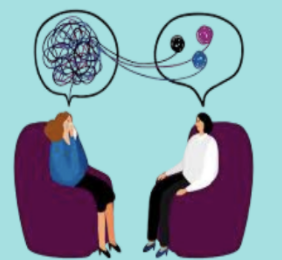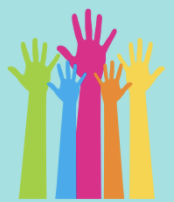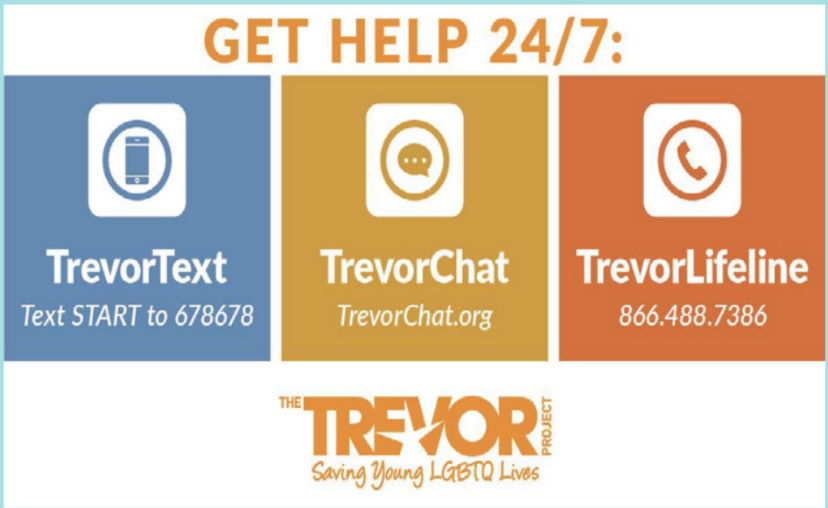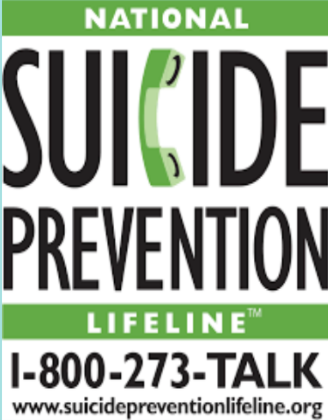
Suicide
Awareness and
Prevention
A Guide for Parents, Staff, and Youth
Know the Signs
What Might I See?
- Posting on social media about death
- Withdrawing from friends and family
- Starting/increase of substance abuse
- Acting anxious or agitated
- Reckless behavior
- Showing rage
- Extreme mood swings
- Sleeping too much or too little
- Visiting people to say a form of goodbye
- Returning borrowed items/giving away possessions
What Might I Hear?
- Talk about killing oneself
- Idolizing people who have died by suicide
- Having no reason to live
- Being a burden
- Feeling trapped
- Talking about seeking revenge
- A need to escape
- Statements like: I don’t deserve to live, I suck. My family would be better off without me. I won’t be a problem for you much longer
What Stressful Life Situations Might Be Occuring
- Abuse
- Suicide experience (know someone who has died by suicide or previous suicide behavior)
- Life changes (Divorce, housing, etc.)
- Loss (of loved one/pet, relationship, etc.)
- Rejection
What Might I Sense?
- Something is not okay (trust your gut instincts)
- Unbearable pain
- Relief or sudden improvement in mood
- Shame
- Overwhelmed with no hope for improvement
- Feeling unaccepted
While this is a helpful list of common signs,
it is not complete and youth may show other warning signs.
What to Do

Start a conversation, express concern

Listen and validate feelings, be nonjudgmental

Don’t keep it a secret, don’t promise secrecy

Don’t leave them alone

Get Help
Protective Factors

Effective Clinical Care:
mental, physical, and
substance abuse disorders

Self-worth:
Self-esteem, sense of purpose,
meaning in life, optimism,
hope for future

Self-care:
Hobbies, physical activity,
creative outlet, mindfulness,
giving self time to recharge

Supports:
Cultural, personal, and
religious

Connectedness:
Family and community
support, one caring
adult/friend

Life Skills:
Problem solving, coping skills,
ability to adapt to change,
flexibility

Reducing Stigma:
Open and direct talk
about suicide
Resources
If you’re seeing any of these signs, don’t wait, reach out!
It’s better to get help early than to wait until there is a crisis.

The Trevor Project is the leading national organization providing crisis intervention and suicide prevention services to LGBTQ young people under 25. The Trevor Project has a lifeline, chat, and text line 24/7, 365 days a year.
Lifeline: 1-866-488-7386
Text: Text START to 678678
Trevor Chat: trevorchat.org


